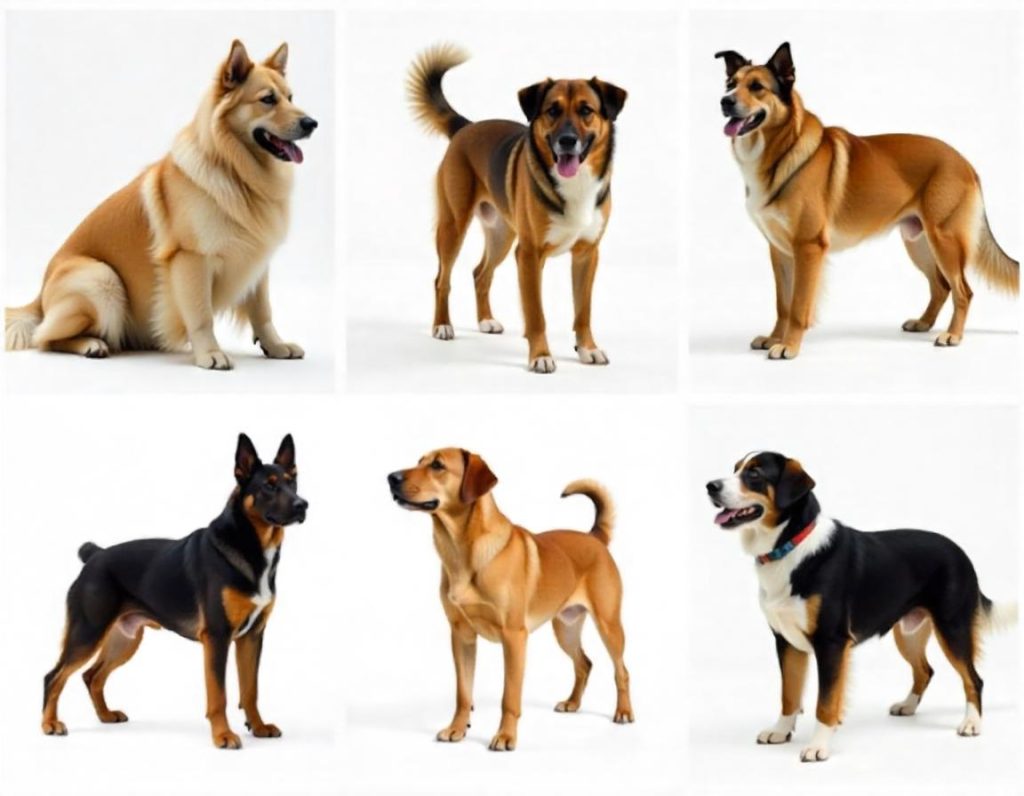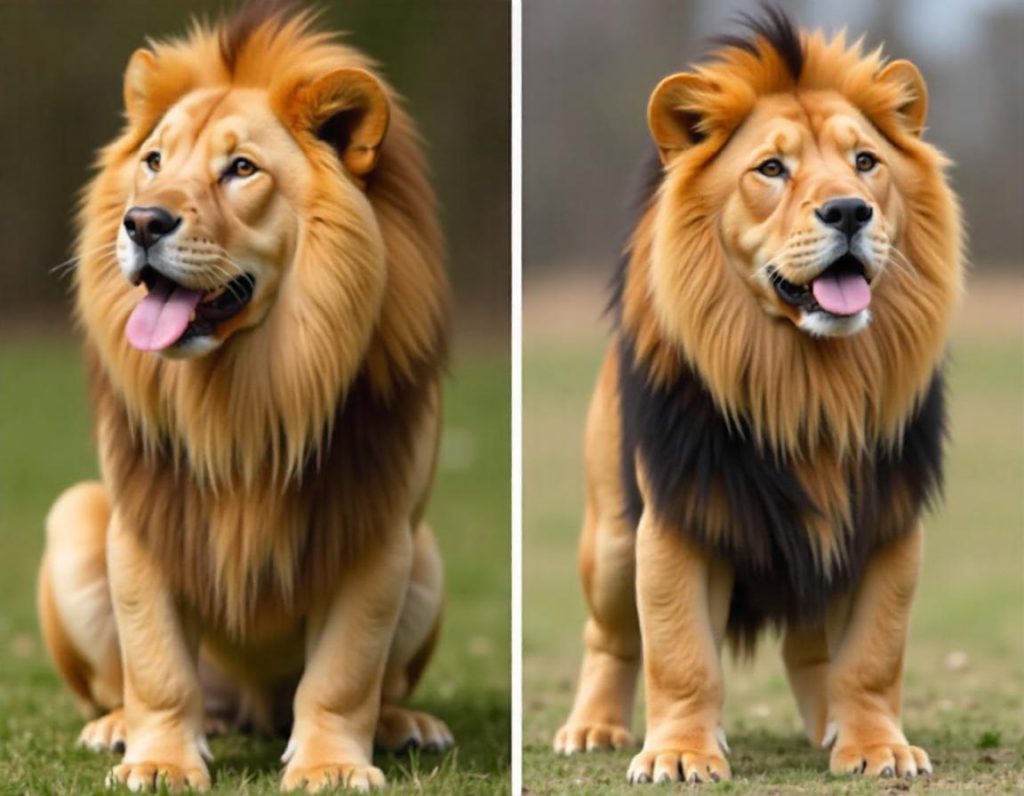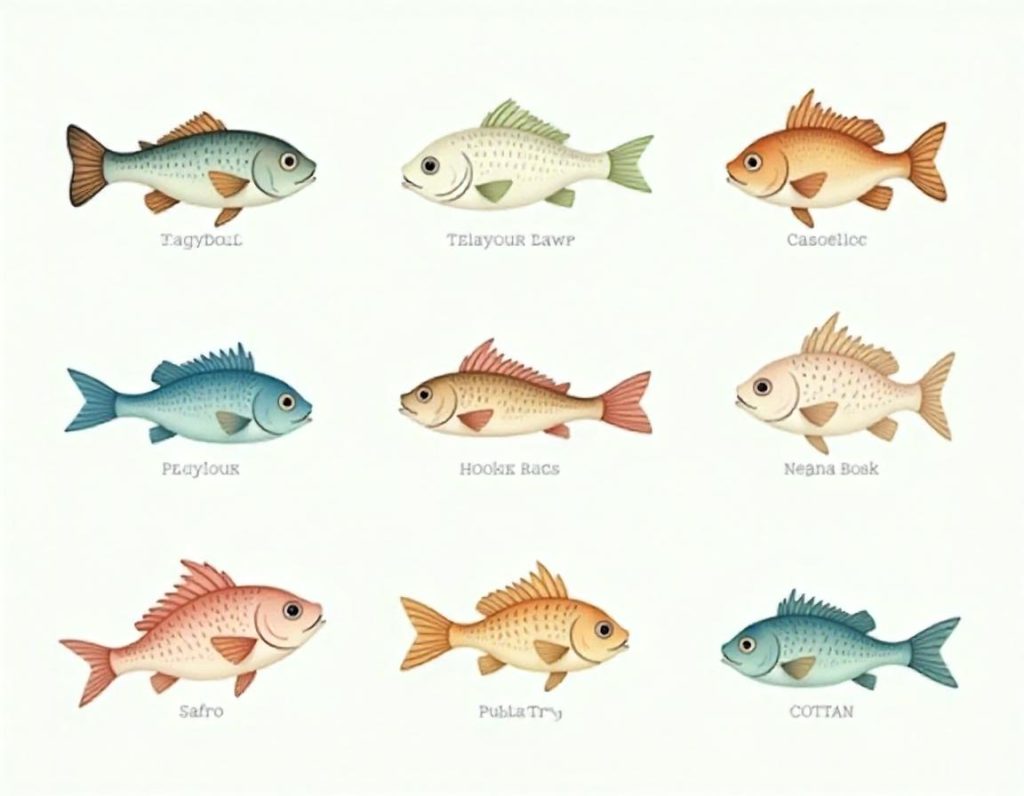Why Chihuahuas Aren’t Always the Perfect Companion
When it comes to small dogs, Chihuahuas often steal the spotlight with their big personalities and tiny frames. They’re frequently portrayed as adorable, sassy companions in movies, social media posts, and even celebrity culture. However, beneath their cute exteriors lies a breed that isn’t suited for every household or lifestyle. While many people adore Chihuahuas, there are valid reasons why some consider them less-than-ideal pets.
In this article, we’ll explore the top 10 reasons why Chihuahuas are horrible pets—but don’t worry, we’ll also provide context and solutions to help you determine whether this breed is right for you. By understanding both the pros and cons of owning a Chihuahua, you can make an informed decision about bringing one into your home.
Let’s dive in and uncover what makes these pint-sized pups so polarizing.
The Top 10 Reasons Why Chihuahuas Are Horrible Pets
1. Overly Aggressive Behavior
One of the most common complaints about Chihuahuas is their tendency toward aggression. Despite their small size, they often exhibit territorial and defensive behaviors, barking excessively at strangers, other animals, or even family members. This aggression stems from their instinct to protect themselves due to their vulnerability as a small breed.
While training can mitigate some of these issues, it requires patience and consistency. If you’re looking for a laid-back, easygoing dog, a Chihuahua may not be the best choice.
Why does this happen? Chihuahuas were originally bred as companion dogs but retained traits meant to ward off predators. Without proper socialization, these instincts can manifest as aggression.
2. Excessive Barking
Chihuahuas are notorious barkers. Whether it’s alerting you to someone at the door, reacting to noises outside, or simply seeking attention, their high-pitched barks can become overwhelming. For individuals living in apartments or shared spaces, this constant noise can strain relationships with neighbors and disrupt daily life.
Training and positive reinforcement can reduce excessive barking, but it takes time and effort. If peace and quiet are priorities for you, a quieter breed might be more suitable.
3. Fragile Health Issues
Due to their diminutive size, Chihuahuas are prone to various health problems. Common issues include dental disease, hypoglycemia (low blood sugar), luxating patellas (dislocated kneecaps), and heart conditions. Their delicate bones also make them susceptible to injuries from falls or rough handling.
These health concerns often result in frequent vet visits and higher medical costs over their lifetime. Potential owners must be prepared for the financial and emotional commitment of caring for a fragile pet.
4. Difficulty with Children
Chihuahuas generally don’t do well with young children. Their small stature makes them vulnerable to accidental injury, and their feisty temperament means they may snap or bite if provoked. Additionally, kids who aren’t taught how to handle small animals gently can unintentionally harm a Chihuahua.
If you have young children or plan to expand your family, consider adopting a sturdier, more child-friendly breed like a Labrador Retriever or Golden Retriever.
5. Stubbornness During Training
Chihuahuas are intelligent dogs, but they’re also incredibly stubborn. Their strong-willed nature can make training sessions frustrating, especially for first-time dog owners. Commands such as “sit,” “stay,” or “come” may take longer to master compared to more obedient breeds.
Consistency, patience, and reward-based methods are key to overcoming this challenge. However, if you lack experience or time for dedicated training, a Chihuahua might test your limits.
6. Possessive Tendencies
Many Chihuahuas develop possessive behaviors, particularly when it comes to food, toys, or their owners. This possessiveness can lead to resource guarding, where the dog becomes aggressive if they feel threatened or challenged.
Early socialization and clear boundaries can help prevent possessive tendencies, but it’s essential to address these behaviors promptly to avoid escalation.
7. High Maintenance Grooming Needs
Depending on the coat type, Chihuahuas can require significant grooming. Long-haired Chihuahuas need regular brushing to prevent tangles and matting, while short-haired varieties still benefit from occasional baths and nail trims. Their small mouths also mean dental hygiene is crucial; without proper care, they’re prone to tooth decay and gum disease.
For busy individuals or those uninterested in grooming routines, a low-maintenance breed might be a better match.
8. Separation Anxiety
Chihuahuas form intense bonds with their owners and thrive on companionship. Unfortunately, this attachment can lead to separation anxiety when left alone for extended periods. Symptoms include destructive chewing, incessant barking, and accidents indoors.
Addressing separation anxiety involves gradual desensitization and providing mental stimulation through toys or puzzles. Still, if you work long hours or travel frequently, a Chihuahua may struggle to adapt.
9. Short Lifespan Compared to Expectations
While Chihuahuas live relatively long lives for dogs (up to 16 years), their later years often come with declining health. As mentioned earlier, their susceptibility to chronic illnesses means their golden years may involve costly treatments and reduced mobility.
Prospective owners should prepare emotionally and financially for the realities of aging in this breed.
10. Not Ideal for First-Time Owners
Given their combination of stubbornness, fragility, and behavioral quirks, Chihuahuas aren’t typically recommended for novice dog owners. Experienced handlers understand how to manage their unique needs, but beginners may find themselves overwhelmed by the challenges.
Before committing to a Chihuahua, ensure you have the knowledge, resources, and patience required to meet their demands.
Frequently Asked Questions About Owning a Chihuahua
Q: Are all Chihuahuas aggressive?
A: No, not all Chihuahuas are aggressive. Proper socialization, training, and care can significantly influence their behavior. However, their natural instincts and protective nature can lead to aggression if unchecked.
Q: Can Chihuahuas get along with other pets?
A: Yes, but it depends on early socialization. Introducing them to other animals gradually and under controlled circumstances increases the likelihood of harmonious coexistence.
Q: How much exercise do Chihuahuas need?
A: Despite their small size, Chihuahuas require daily walks and playtime to stay healthy and burn off energy. Aim for at least 30 minutes of activity per day.
Q: Do Chihuahuas shed a lot?
A: Both long-haired and short-haired Chihuahuas shed moderately. Regular grooming helps minimize shedding and keeps their coats healthy.
Q: What’s the best way to train a Chihuahua?
A: Use positive reinforcement techniques, such as treats and praise, to encourage desired behaviors. Keep training sessions short and engaging to maintain their interest.
Is a Chihuahua Right for You?
While the top 10 reasons why Chihuahuas are horrible pets highlight potential drawbacks, it’s important to remember that no breed is perfect. Every dog has its strengths and weaknesses, and what works for one person may not work for another.
If you’re considering a Chihuahua, ask yourself the following questions:
- Am I prepared for the financial responsibility of potential health issues?
- Can I dedicate time to training and socializing my dog?
- Do I have the patience to deal with their quirks and challenges?
If the answer to these questions is yes, a Chihuahua could bring immense joy and companionship to your life. Their loyalty, charm, and spunky personalities make them beloved by countless owners worldwide.
On the other hand, if you value a calm, low-maintenance pet or have specific lifestyle constraints, it’s worth exploring alternative breeds that align better with your needs.
Final Thoughts: Celebrating All Breeds
Every dog deserves a loving home, and finding the right match between owner and pet is crucial for a happy relationship. While Chihuahuas may present certain challenges, they also offer unparalleled affection and devotion to those willing to embrace their unique qualities.
Ultimately, the decision to adopt any dog should be made thoughtfully and responsibly. By educating yourself on the breed’s characteristics and requirements, you set the stage for a fulfilling partnership.
So, whether you fall head over heels for a Chihuahua or discover another breed that suits you better, remember that the bond between humans and dogs is truly special. Share your thoughts or experiences with Chihuahuas in the comments below—we’d love to hear your story!





